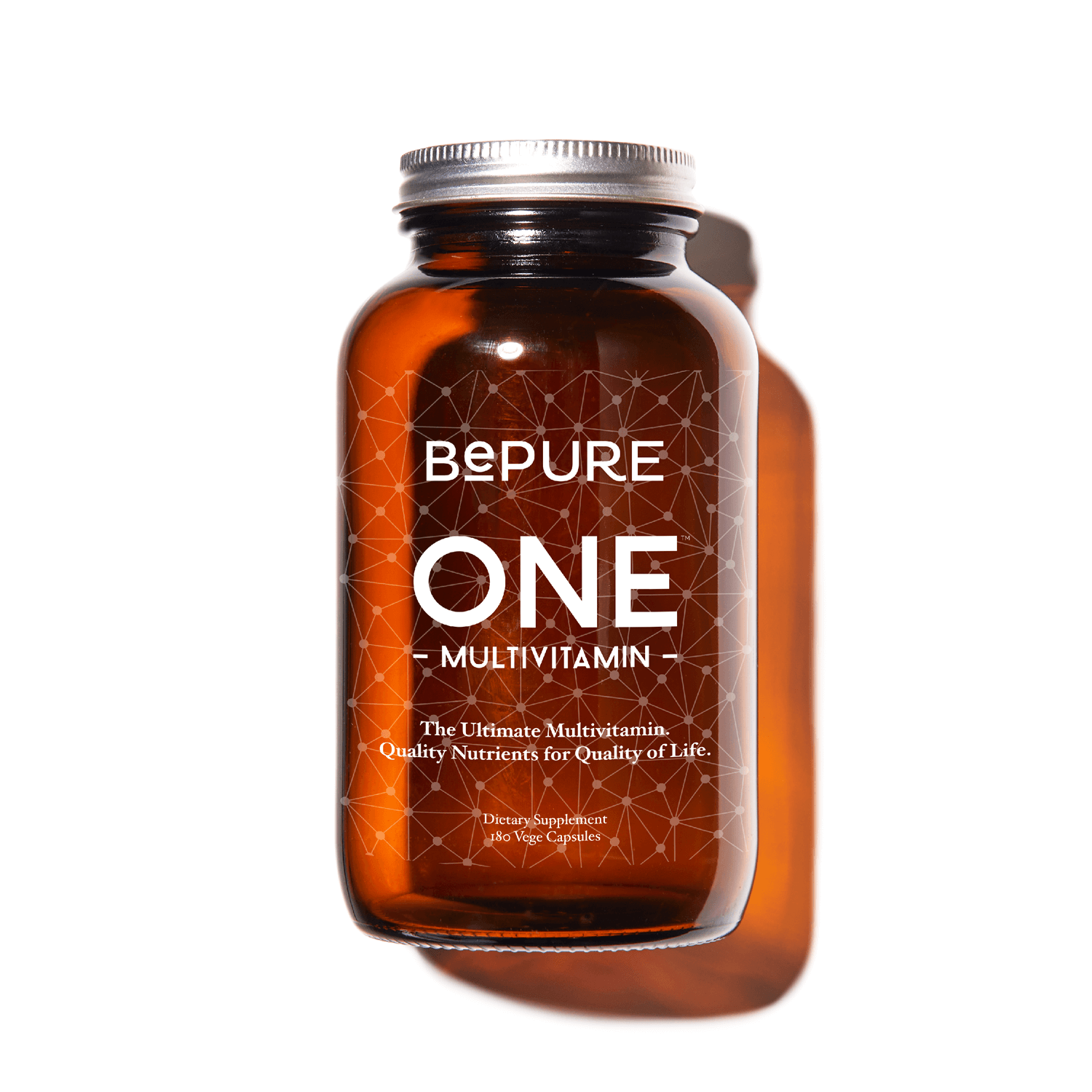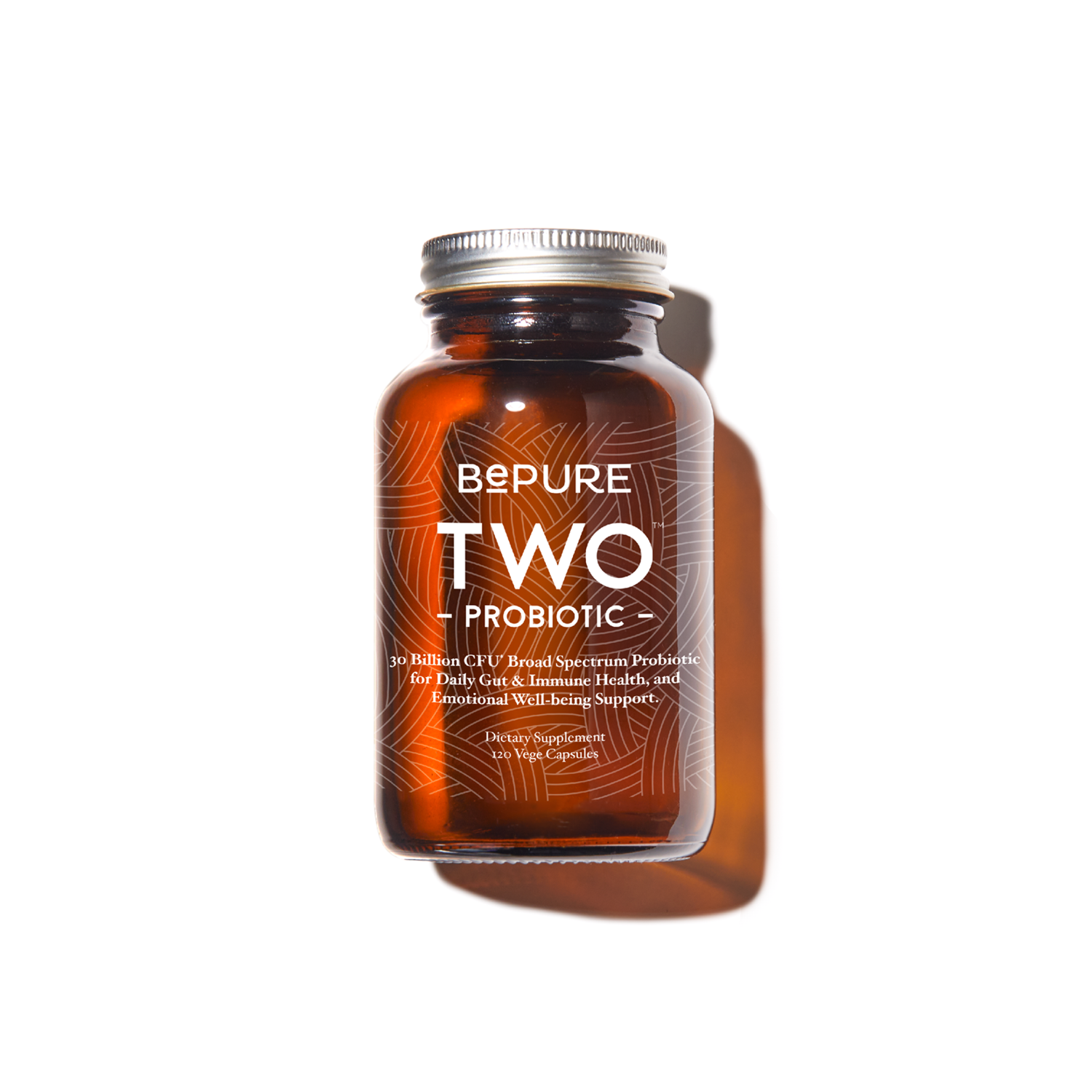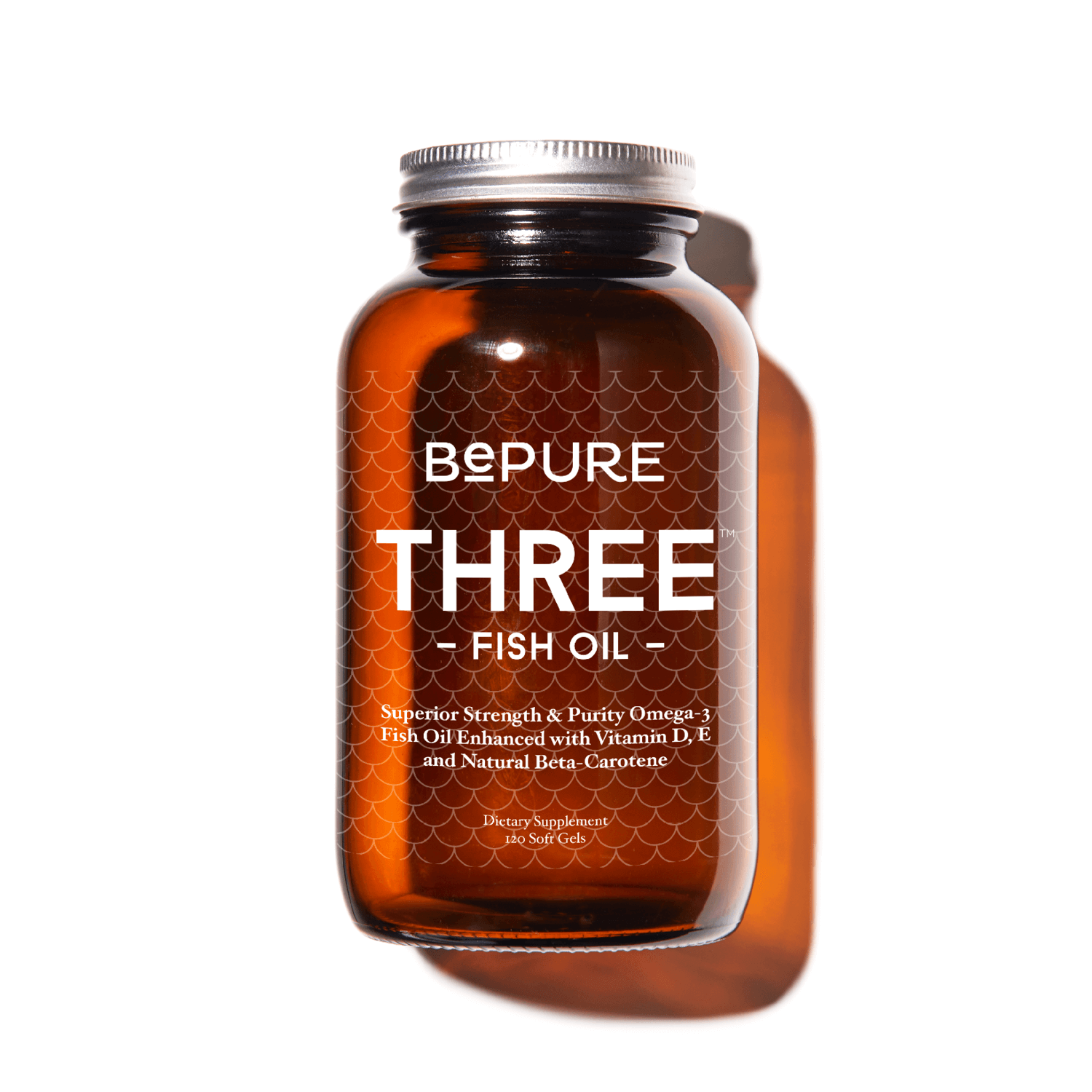The majority of women today experience Premenstrual Syndrome, commonly known as PMS, in some form or another. In fact, PMS affects 90% of women to some degree—it’s a big issue!
While the severity of symptoms will vary, PMS affects around 20–40% of women with symptoms severe enough to interrupt daily life, although this figure is likely higher as many women will repress their symptoms, resulting in no diagnosis and no management strategies.
Part of the problem is that many women are under the false impression that PMS is normal. With perfectly balanced hormones, your monthly period should be a non-event.
In this blog post, we’ll be looking at the causes of PMS and I’ll give you some ways to support your body that will help you move you towards a barely noticeable period.
What is PMS?
Premenstrual Syndrome or PMS, describes a group of symptoms that occur at the end of the female menstrual cycle before menstruation. Some examples include sugar cravings, tiredness, irritability, mood swings, sleep disturbances, breast tenderness and bloating. The cause of PMS has been disputed in the research over the years, and like most health concerns, it appears to be multifactorial.
What causes PMS?
As we learned in my previous blog post about hormone health, your hormone levels fluctuate over the month. In some cases, the fluctuations are the cause of those common PMS symptoms we talked about above.
We commonly see the more severe PMS symptoms associated with either increased oestrogen, decreased progesterone, or both! It’s the relative difference between these two hormones that results in PMS symptoms.
What causes an excess amount of Oestrogen?
It's primarily a result of our modern, toxic environment, and it's rapidly becoming a much more prevalent issue. Today, we are surrounded by chemicals that interrupt our hormone balance. These chemicals are called xenoestrogens and are found in man made materials. Some common examples are BPA in plastic water bottles and parabens and phylates in skincare products.
Normally, our bodies would process this extra oestrogen through our liver. But because of nutrition choices, stress, and liver-loaders such as alcohol and caffeine, our liver function is often compromised, and we struggle to clear it.
What causes low levels of the Progesterone hormone?
The main reason for low progesterone can be traced back to chronic stress. Our sex and stress hormones share the same precursors. When under stress, the female body will prioritise making stress hormones to prepare you for flight or fight. If you’re running away from a hungry lion, the last thing your body is worried about is reproduction! As a direct result, your body produces less progesterone – our all important calming hormone. We call this the 'pregnenolone steal.'
What can we do to reduce PMS?
Your hormones won't change overnight. It will take consistent changes over a long period of time to bring these back into balance. Start by focusing on these three areas of your body.
Relax and Minimise Stress
Minimising the affect stress has on your body will free up raw materials your body needs to make your calming progesterone hormone. For immediate survival, the body is always going to prioritise the creation of stress hormones. Learning to manage your stress levels will help balance your hormones over time.
1. Take 10 mins twice a day to bring your attention to your breathing. This might be alongside your morning meditation or simply taking some time to just breathe. If you can focus on your breath moving right through your body into your belly, this will send a strong signal to the nervous system that you are relaxed. Even better, if you can do this 10 mins of belly breathing in what we call the ‘legs up the wall’ position, that’ll hugely reduce perceived stress in the body.
2. Do something you enjoy each day (something that is just for yourself!). It might be a small act, such as brewing a fancy tea to enjoy or ringing a friend you haven’t spoken to in a while.
3. Learn to say no. Take pressure off yourself and have a look at these ways to help you slow down.
4. Write lists to help organise and prioritise. If it's written down you don't have to constantly remember or think about it bringing you some peace of mind.
5. Choose the right exercise for you. If you are under stress in your everyday life, it’s unlikely that you’ll benefit from extra stress in the form of exercise. A more restorative, slower paced exercise is going to suit you better, such as a walk in nature or yin yoga.
Diet and Nutrients
The research shows that diet and nutrition can make a big difference. Aim to eat whole foods that provide your body with the fuel it needs to stay at the top of it’s game.
1. Supplement with B6 and magnesium. These nutrients are proven to help with PMS symptoms. A high-quality supplement like BePure One will cover your bases.
2. Eat cruciferous vegetables every day - this includes cauliflower, broccoli, cabbage, brussel sprouts, and kale. Cruciferous vegetables are especially rich in di-indolylmethane (DIM). DIM helps mop up excess oestrogens, supporting the liver throughout the detox phase.
3. Eat foods that enhance our serotonin or happy hormone levels. These include foods containing vitamin D such as salmon, sardines and eggs. Get out in the sunshine or use a nutritional supplement to boost levels further.
4. Minimise gluten in your diet. For a lot of people, gluten causes unnecessary inflammation in the gut. We make our serotonin in our gut and this is compromised when there is inflammation.
Liver Clearance
These tips will help the liver detoxify. The better your body can clear out our xenoestrogens, the better your body will balance our hormones.
1. Minimise caffeine or alcohol. These are the two biggest loaders of our liver.
2. Cruciferous vegetables. Like I said above, cruciferous vegetables are especially rich in di-indolylmethane which helps to mop up excess oestrogens and supports the liver throughout the detox phase.
3. Green and spearmint tea. Green tea contains a molecule called EGCG which assists the liver with detoxification. Spearmint tea has been shown to help with PCOS (poly-cystic ovarian syndrome).
4. Rosemary is great for liver clearance.
5. Turmeric is anti inflammatory and awesome for helping the liver out. Kill two birds with one stone and try our Turmeric Latte recipe.



